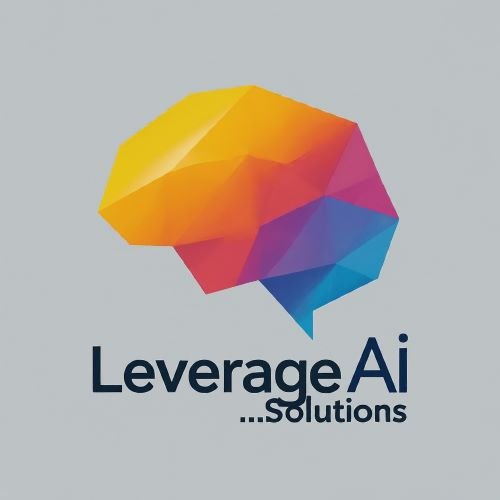New AI Tool Predicts Brain Decline Years Before Symptoms Appear and Its Potential to Help Fight Dementia
MSN
Innovative AI Tool May Predict Cognitive Decline Before Symptoms Manifest
Recent advancements in artificial intelligence have led to the development of a groundbreaking tool capable of predicting cognitive decline years before noticeable symptoms of dementia emerge. This innovative technology holds significant promise in the fight against dementia and related disorders, offering new avenues for early intervention and treatment.
Researchers have found that the AI tool analyzes a combination of medical data, lifestyle factors, and genetic information to assess an individual’s risk of developing dementia. By leveraging vast datasets, the AI can identify patterns and markers that may indicate a decline in cognitive function, even when traditional assessments may yield no visible signs.
The Importance of Early Detection
The ability to forecast cognitive decline several years in advance is crucial for several reasons. Early detection allows for timely lifestyle modifications, such as dietary changes, increased physical activity, and mental exercises, which can significantly alter the trajectory of cognitive health. Moreover, it provides individuals and families the opportunity to plan for the future, including legal and financial considerations, while the individual still has the capacity to make informed decisions.
How the AI Tool Works
The AI tool utilizes machine learning algorithms that have been trained on extensive datasets collected from various populations. These datasets include information on cognitive tests, brain imaging, and even social interactions. By analyzing this data, the AI identifies subtle changes that may precede the onset of dementia.
In clinical trials, participants who underwent assessments using the AI tool showed a higher accuracy rate in predicting cognitive decline compared to traditional assessment methods. The tool also emphasizes the importance of a holistic approach, considering a range of factors that contribute to cognitive health, including social connections, physical health, and mental well-being.
Potential Implications for Dementia Care
The implications of such technology in dementia care are profound. With early identification of individuals at risk, healthcare providers can develop personalized intervention strategies tailored to each person’s needs. This could involve targeted therapies, lifestyle adjustments, and regular monitoring to mitigate the progression of cognitive decline.
Additionally, public health initiatives could be enhanced by integrating this AI tool into community health screenings, allowing for broader access to early detection methods. As awareness grows, it could lead to increased funding for dementia research and support services, ultimately benefiting those affected by the disease.
Conclusion
The emergence of this AI tool represents a significant leap forward in our understanding and management of cognitive decline. By predicting dementia years before symptoms appear, it opens doors to preventive care and empowers individuals to take charge of their cognitive health. As research continues to evolve, this technology could play a pivotal role in reducing the burden of dementia, fostering a future where cognitive decline is managed more effectively.
